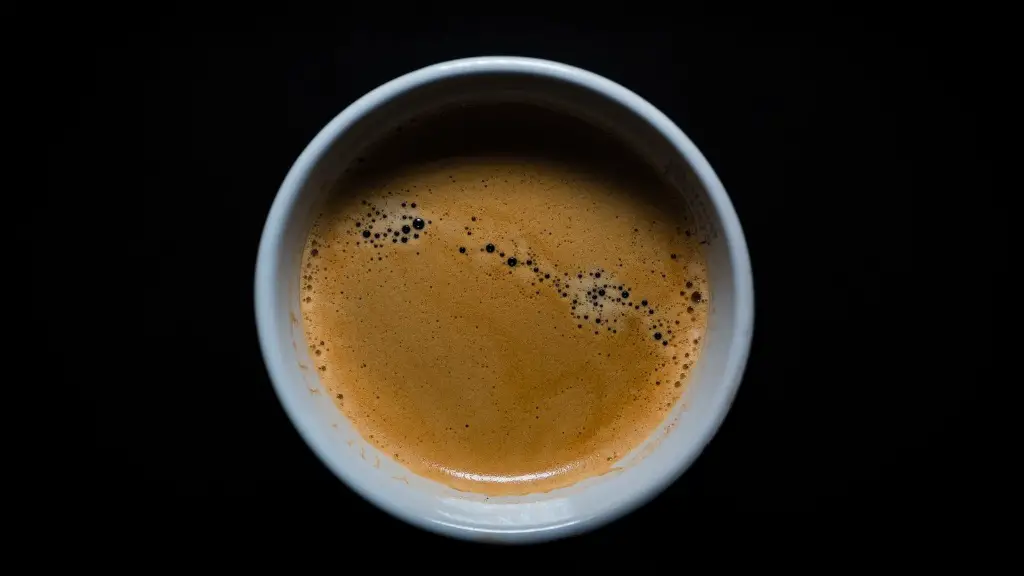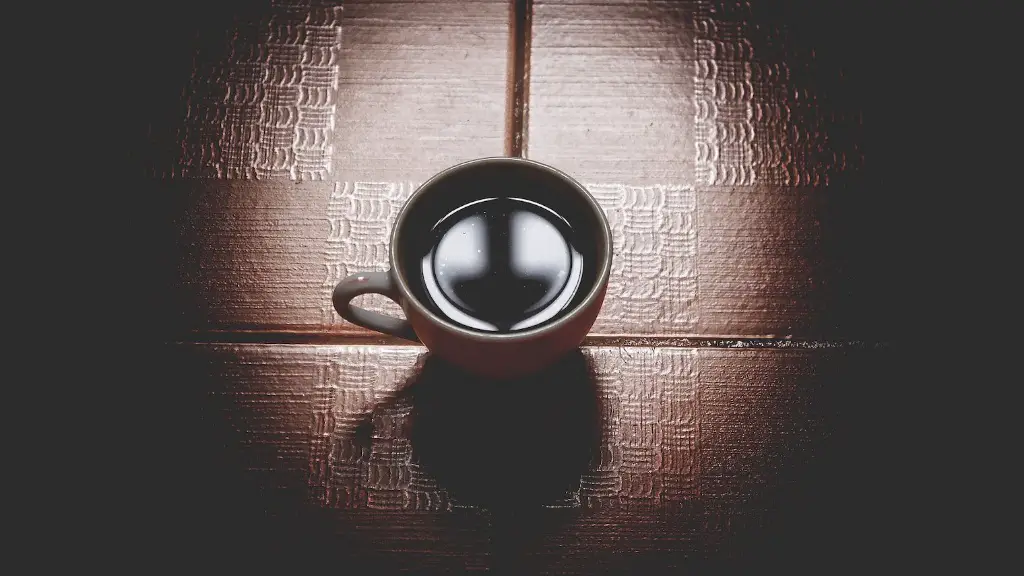Introduction
A standard step before undergoing any kind of medical testing, especially blood work, is fasting. This means that the patient is asked to abstain from eating and drinking anything, including water, for eight to twelve hours before the test. Fasting helps in ensuring accurate, reliable results. Patients are usually allowed to sip on water, given that it does not contain undissolved solutes and has a relatively low calorie count. But can patients drink black coffee before undergoing blood work fasting?
Caffeine Intake
Before answering this question, it is important to understand the effects of caffeine and caffeine intake on the body. Caffeine is one of the most widely consumed beverages worldwide. It acts as a stimulant that blocks adenosine receptors, which leads to increased alertness and improved energy levels. Caffeine is also diuretic, meaning that it can act as a mild laxative and encourage urination.
Drinking beverages containing high amounts of caffeine close to the time of undergoing a medical test can affect the test results; it can cause dehydration and may affect the concentration of certain minerals in the blood. Caffeine can also cause an increased heart rate and elevated blood pressure.
How Does Caffeine Affect Blood Work?
Blood tests are medical examinations performed to check the levels of certain components in the blood. The most commonly evaluated elements are hemoglobin, iron, potassium and calcium. Caffeine can affect the results of these tests and other tests like the glucose tolerance test or the fasting cholesterol test.
Since caffeine is a diuretic, it can lead to dehydration and thus, interfere with the results of blood tests. It can also cause an increase in blood pressure, which may lead to inaccurate readings. Caffeine can also decrease the concentration of certain minerals including sodium and magnesium, which can lead to false-negative or false-positive results. Additionally, caffeine can affect the results of glucose tolerance tests by increasing the levels of glucose in the blood.
Can You Drink Black Coffee Before Blood Work Fasting?
The short answer to this question is no. According to experts, consuming any caffeinated beverages, including black coffee, up to eight to twelve hours before undergoing blood work can affect the results. It is best to avoid coffee and other caffeinated beverages before a medical test.
Moreover, the amount of caffeine in the beverage is also important; the higher the amount, the greater the impact it can have on the test results. For example, a cup of black coffee contains approximately 95 mg of caffeine, which is substantially more than a can of soda or a cup of tea. Thus, consuming black coffee before a blood test can affect the accuracy of the results.
What About Decaffeinated Coffee?
As the name implies, decaffeinated coffee has significantly lower amounts of caffeine (approximately 2-5 mg per cup). Thus, it has fewer chances of affecting the test results. However, patients should confirm with their doctor before consuming any caffeinated or decaffeinated beverages before a medical test.
Final Thoughts
Black coffee is one of the most widely consumed beverages; it is known to improve alertness and energy levels and can make a person more productive. While some patients may think that sipping on black coffee before undergoing a medical test can help wake them up and prevent feeling tired during the test, it is important to keep in mind that caffeine can lead to falsely high or low results and can ultimately lead to misdiagnosis.
Consequently, it is best to avoid consuming caffeinated beverages before undergoing a medical test. This includes black coffee, which should be avoided up to 8 to 12 hours before the test.


